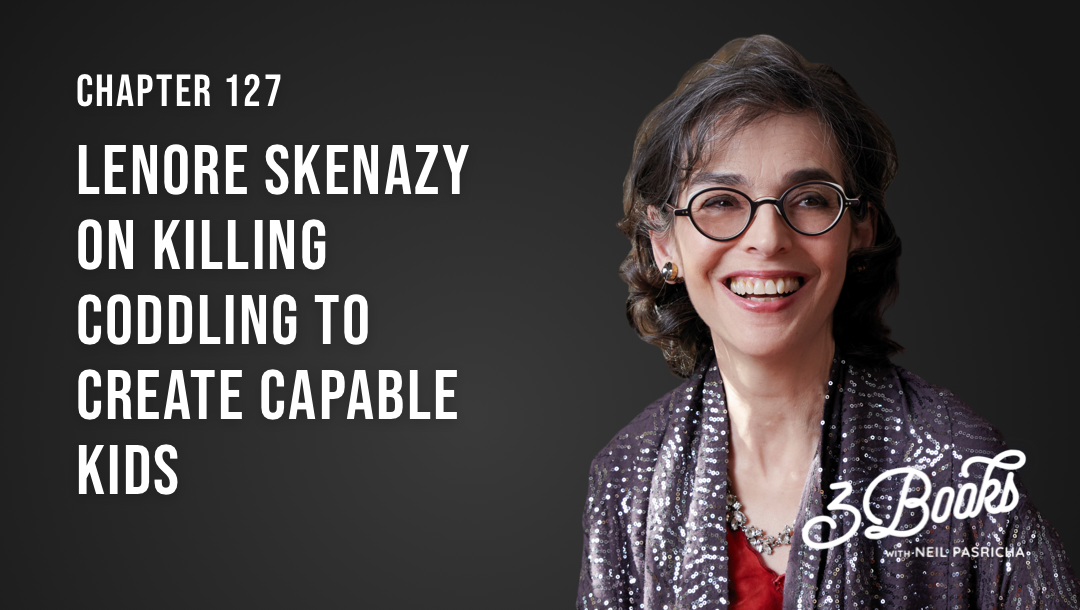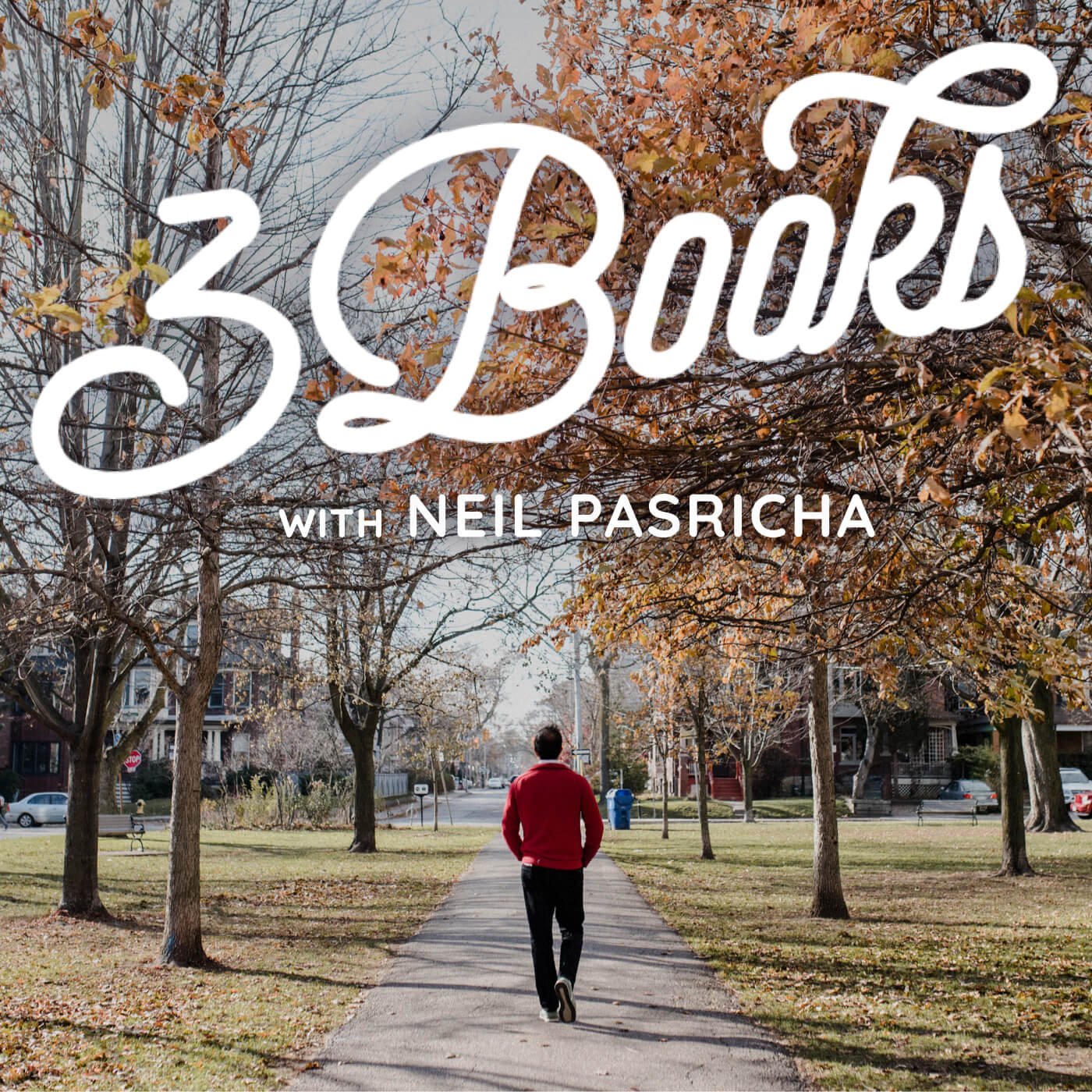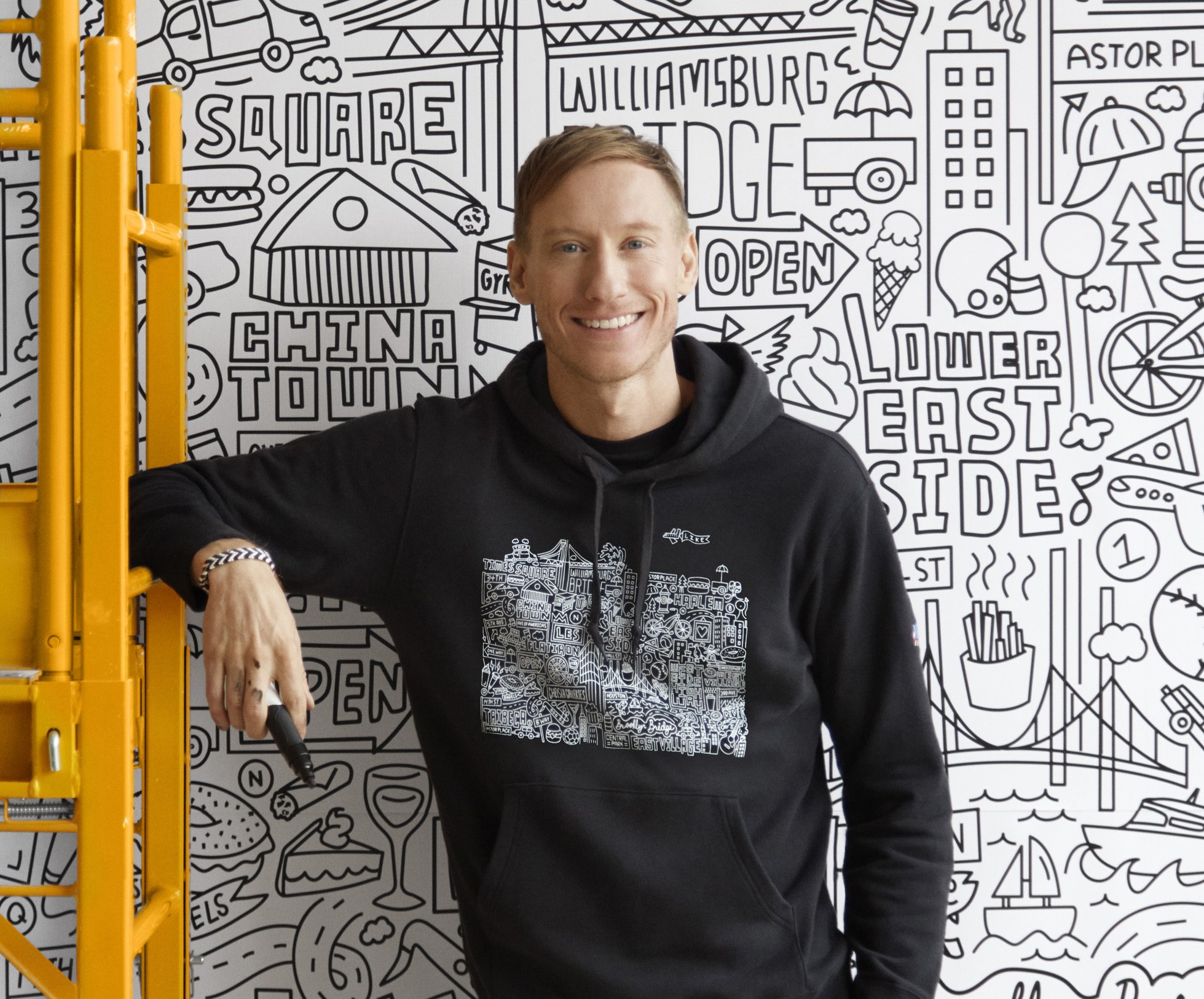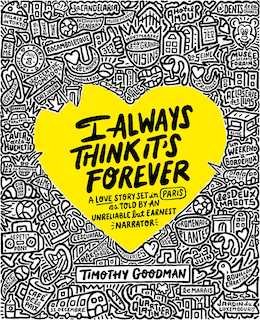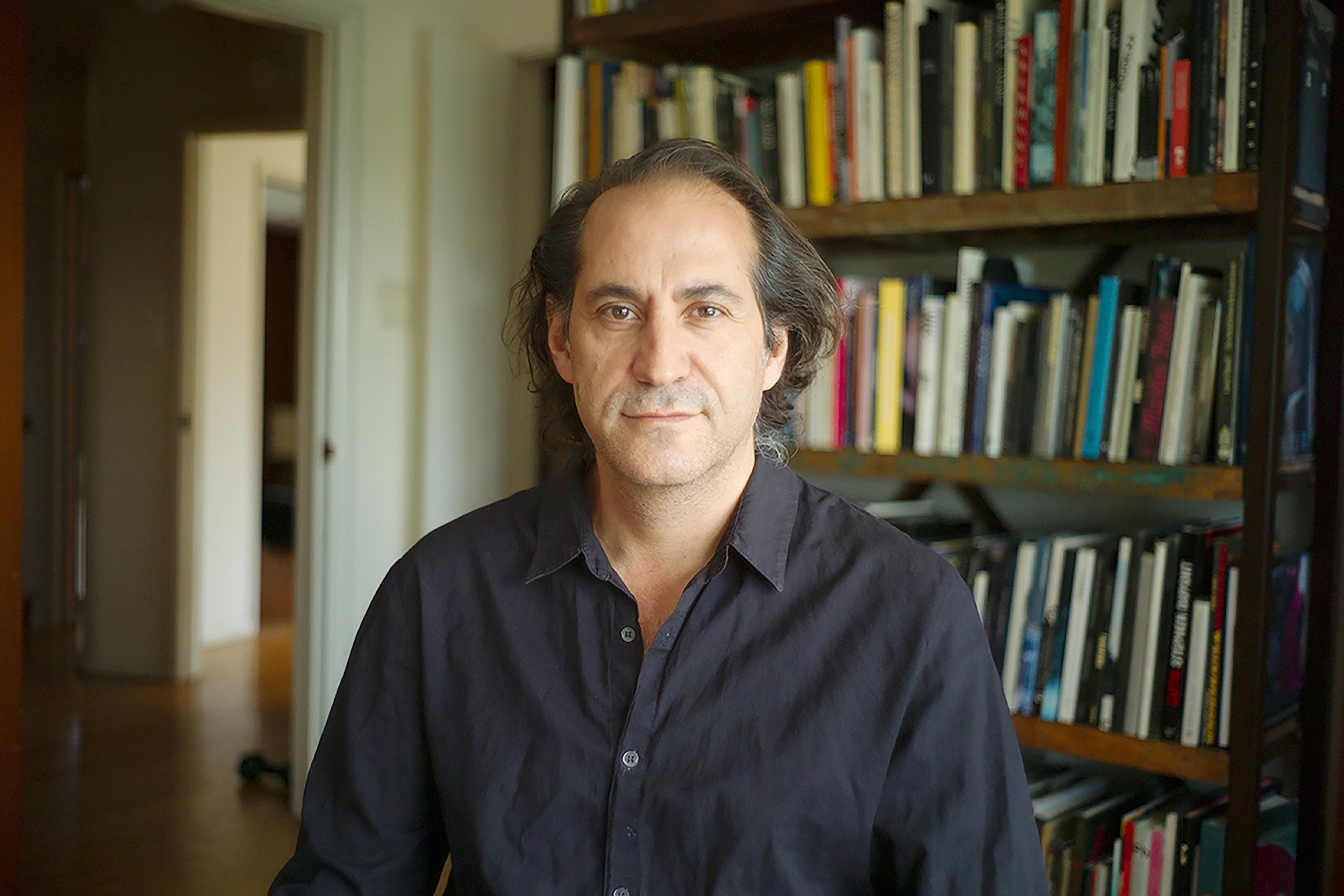Early episodes of Sesame Street from the late 1960s show five-year-olds walking streets alone, talking to strangers, and playing on vacant lots, but when those episodes were released on DVD years later a warning was added at the beginning saying “The following is intended for adult viewing only and may not be suitable for young viewers.”
I read about this in ‘Stolen Focus’, the massive bestseller by Johann Hari, our guest in Chapter 121. Johann went on in his book to discuss how ‘the confinement of our children’ is contributing to our plummeting ability to focus and he brought the idea to light wonderfully in his book by spotlighting the activism of Lenore Skenazy.
Lenore Skenazy is a Jackson Heights, New York mom of two who wrote a 2008 column for The New York Sun titled ‘Why I Let My 9-Year-Old Ride The Subway Alone.’ The article set off a huge media firestorm where Lenore was dubbed “America’s Worst Mom.” Undeterred, Lenore went on to coin the phrase “free-range kids”, write a bestselling book by the same name, and then five years ago co-founded a non-profit called ‘Let Grow’ which aims to give kids back the developmentally crucial ‘vitamin’ our culture has removed from childhood: independence!
Before her current work, Lenore wrote for The New York Daily News, New York Sun, and Mad Magazine (!). She has degrees from Yale and Columbia and is on the front lines of movements to bring back trust, independence, and free play in our children. She has created The Let Grow Project which partners with schools to give students the simple homework assignment to “Go home and do something new, on your own.” She created ‘Take Our Children to the Park & Leave Them There Day’ as a day for children to learn how to play without constant supervision. And Let Grow, the organization she co-founded with Jonathan Haidt (our guest in Chapter 103), Dr. Peter Gray, and Daniel Shuchman, has been helping to draft and sponsor 'free-range kid' legislation supporting reasonable child independence. To date, they have helped pass laws in eight states.
Join us as we discuss: recess, preventing anxiety in kids, the problem with child protective services, getting attention in activism today, the importance of fun, and, of course, Lenore's three most formative books...
Let’s flip the page into Chapter 127 now...
Chapter 127: Lenore Skenazy on killing coddling to create capable kids
CONNECT WITH Lenore
Twitter - @FreeRangeKids
Twitter - @LetGrowOrg
Lenore’s 3 Books
First book (28:37)
Second book (49:38)
Third book (1:04:23)


